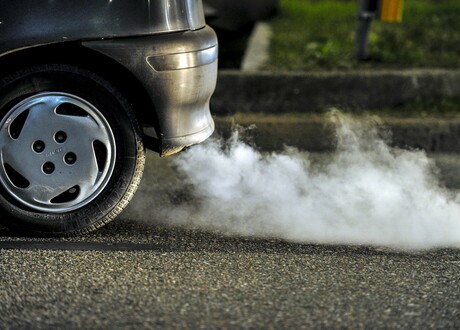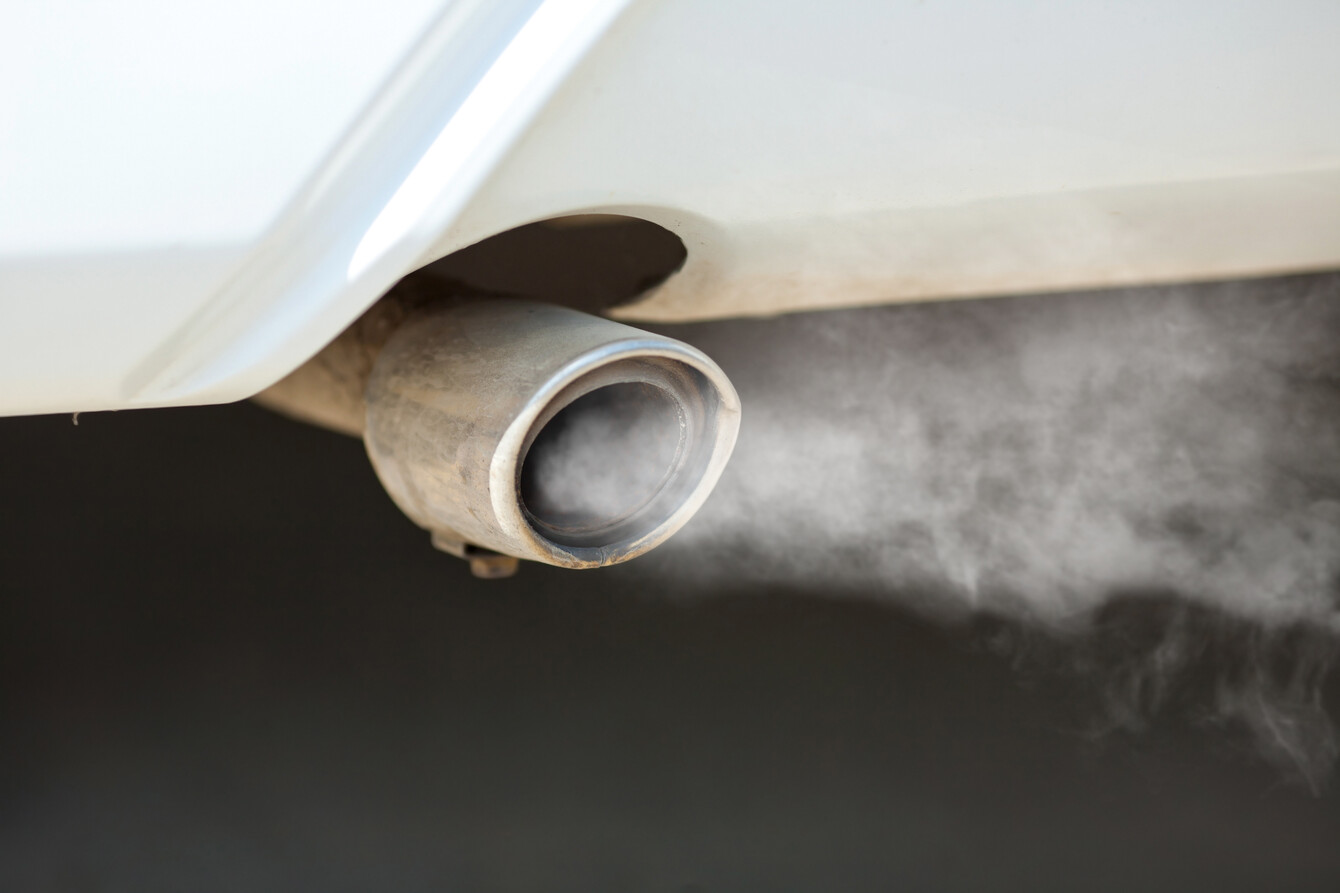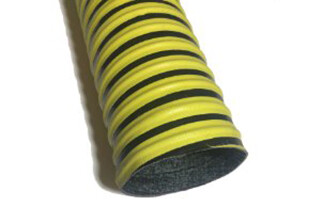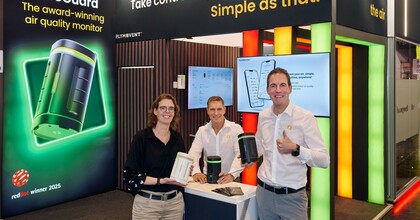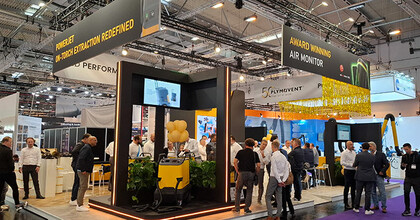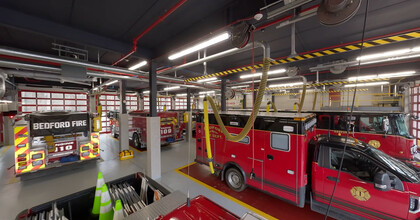Addressing higher temperatures in vehicle exhaust removal systems
Since 2007, the temperatures of the typical diesel truck emissions, including fire trucks, have risen. The addition of hazard-reducing exhaust treatment systems such as diesel particulate filters (DPF) and exhaust gas recirculation (EGR) have increased the heat generated by the engine, and thereby the exhaust, raising concerns about fire, injury and product damage.
The National Fire Protection Association (NFPA), a leading advocate for fire safety, has specified in its 1901 Standard for Automotive Fire Apparatus (12.2.6.7.7): “Engine exhaust gas temperature shall not exceed 851°F (455°C) when measured at the exit of the exhaust pipe during normal DPF regeneration.”
The vehicle exhaust industry has been quick to address the demands of higher temperature engines. For example, leading exhaust removal manufacturer Plymovent provides a High Temperature (HT) hose assembly for its upper, mid and lower hoses. The HT hose is rated at 900˚F continuous and 1,050˚F intermittently.
In 2015 the Plymovent hoses were sent to a third-party testing company and withstood temperatures up to 1,221°F during a 40-minute test. Included in the test was the more rigid lower hose component, and because that is the hose that takes on the highest temperatures, this was a significant achievement.
Fire stations and related public works service facilities can rest assured that Plymovent HT hoses will keep fire fighters and vehicle service personnel safe, and systems remain in good use and functional.

